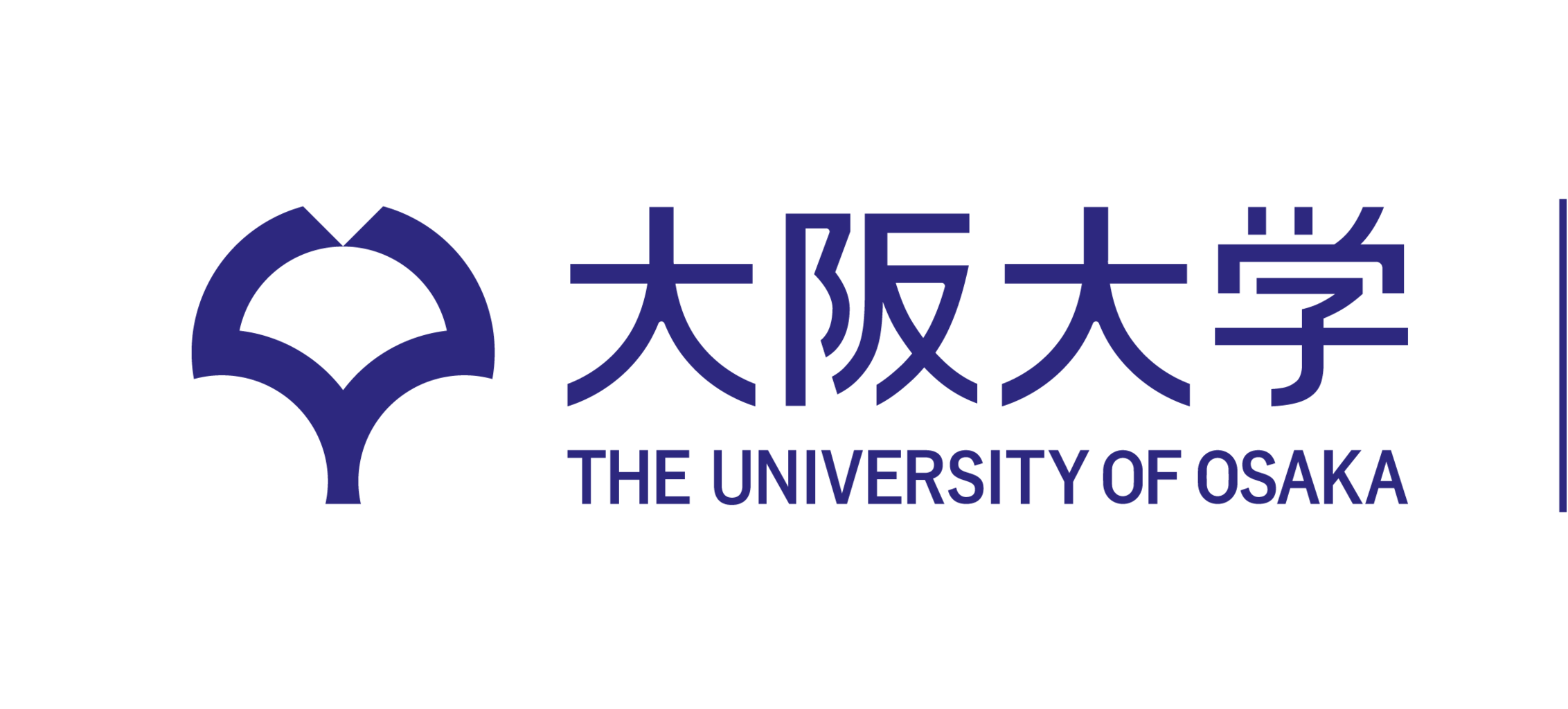Developmental Cognitive Science
Unveiling the mechanisms of human cognition through the lens of child development

Research Topics
■ Developmental research on social cognition from infancy to school age
■ Developmental research on language learning and its cross-linguistic comparison
■ Empirical studies on parent-child and human-robot interaction
Our lab, the Developmental Cognitive Science Lab, investigates the development of human cognition and behavior from infancy to school-age childhood using scientific methods. We address the “emerging” part of human life. Since young children’s motor and/or language abilities are still developing, we employ creative approaches to explore their cognition. For example, we analyze where and how long children look at animations or images on a screen, whether they reach for or avoid objects presented, and how they respond to picture books or games. In addition, we focus on the role of social interactions in development, examining how children engage with social partners, such as caregivers, siblings, friends, and even robots. We aim to understand how these social experiences shape cognitive and behavioral development.
Our research particularly emphasizes “social cognition” and “language learning,” primarily adopting experimental psychology and cognitive science approaches. We conduct cognitive development experiments with infants and observational studies on parent-child/human-robot interactions in settings such as on-campus research labs and preschools. Moving forward, we will continue to take on diverse research themes to empirically explore the mechanisms and processes of developmental change, ultimately gaining insights into the origins of human cognition.
Staff
-
Professor
Kanakogi Yasuhiro -
Associate Professor (Lecturer)
Hagihara Hiromichi



